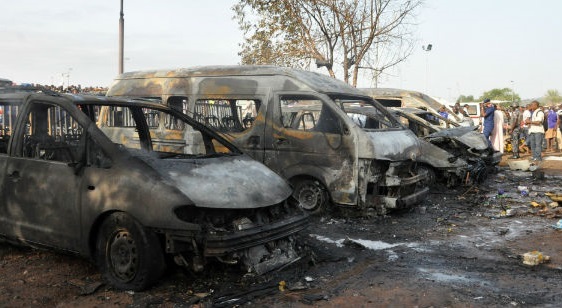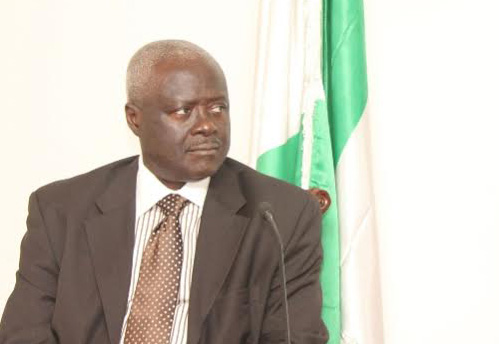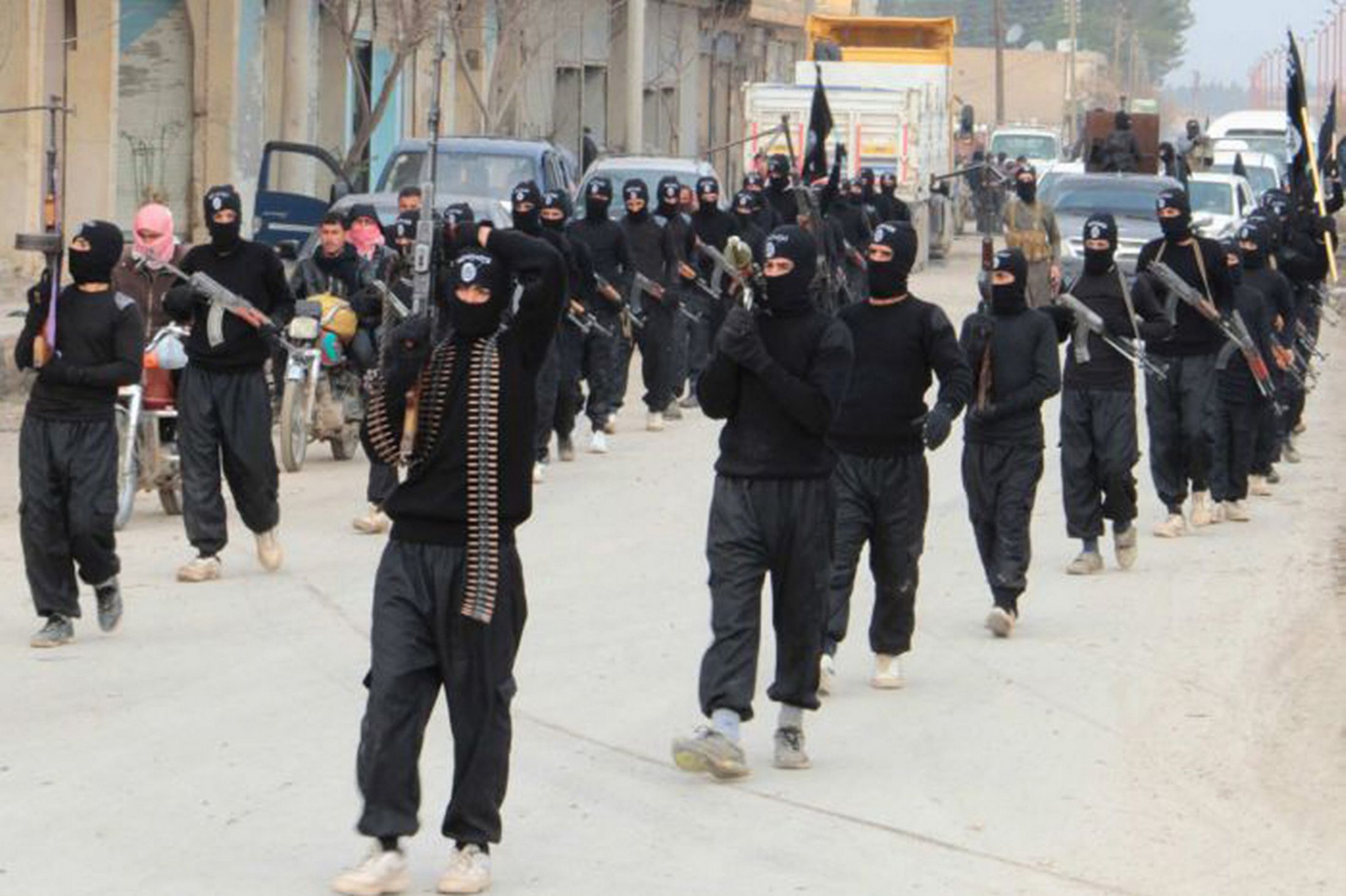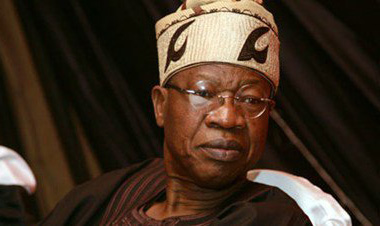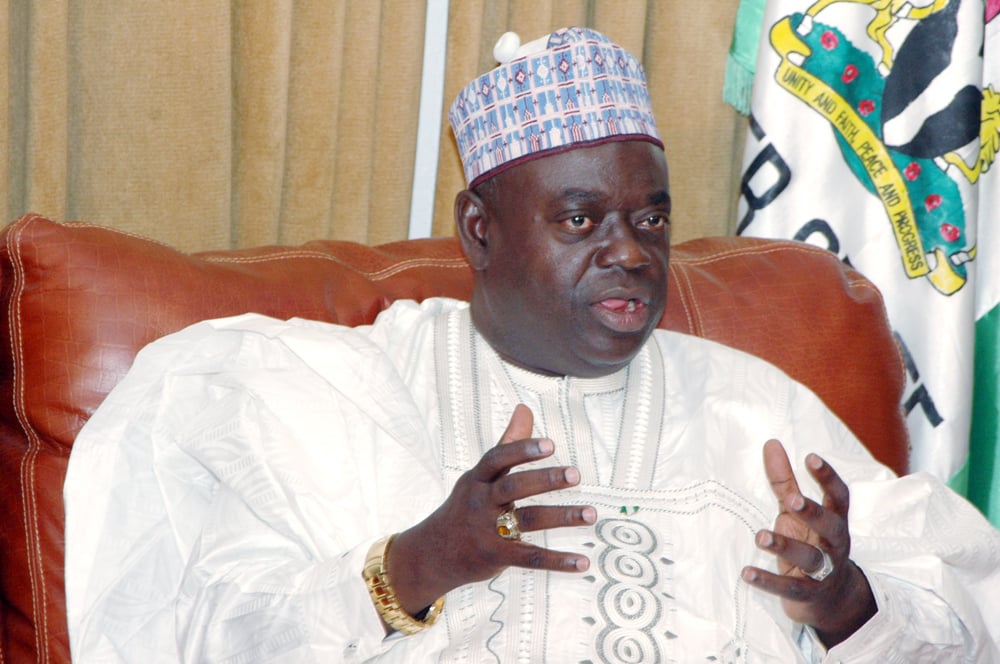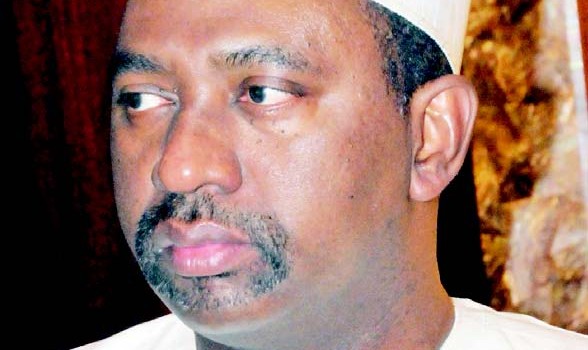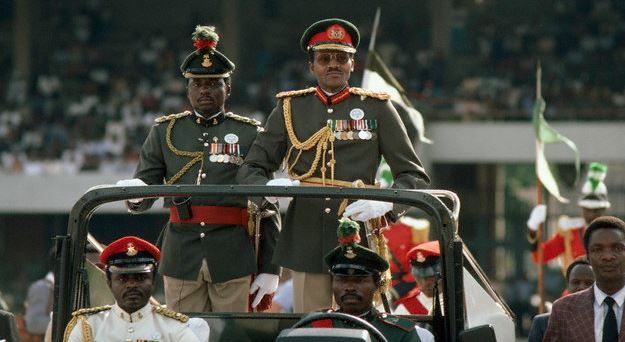Boko Haram killed 4,000 persons in 2014 alone, taking women as sex slaves and abducting politicians for ransom, Amnesty International has said in a written statement to the UN General Assembly.
The statement, distributed in February, was submitted by the non-governmental organisation under its special consultative status and will be considered by the Human Rights Council as the fourth agenda at its ongoing 28th session in New York.
Amnesty also said the Nigerian military committed various atrocities, including summary executions and unexplained deaths in custody.
Accusing the insurgents of committing atrocities under international law, including war crimes and crimes against humanity, Amnesty wrote: “Boko Haram conducted almost daily attacks in north east Nigeria, which killed more than 4,000 civilians in 2014.”
Advertisement
The highlights of its statement are:
- Killings of civilians: In attacks on towns and villages in the north east, bomb attacks across the country and in areas under its control, Boko Haram has deliberately killed thousands of civilians. The group has targeted politicians, civil servants and others associated with the government. It has also targeted civilians in towns which established state-sponsored militia groups, known as the “Civilian Joint Task Force” (CJTF);
- Imprisonment and abductions: Boko Haram has abducted hundreds of civilians during raids on towns and villages. Politicians and civil servants have been held for ransom. Others, such as health workers or mechanics, have been abducted for their specialist skills. Boko Haram has also imprisoned civilians in towns under its control;
- Forced marriage, rape and sexual slavery: Girls and young women abducted by Boko Haram have, in some cases, been forced into marriage with Boko Haram members;
- Recruitment and use of child soldiers: Boko Haram has trained and used boys and girls during combat; and
- Pillage and targeting civilian objects: During raids on towns and villages, as well as in areas under its control, Boko Haram has looted homes, shops and markets. It has also attacked schools, hospitals and other civilian buildings.
Amnesty said the response of the Nigerian armed forces, “often relying on assistance” from the civilian JTF, have also seriously violated human rights.
It raised these concerns:
Advertisement
- Deaths in custody: More than a thousand suspects have died in military detention facilities as a result of extrajudicial executions, torture, starvation, disease, suffocation or other reasons associated with extremely poor detention conditions;
- Extrajudicial executions: Hundreds of men have been extrajudicially executed by the military while in detention or upon arrest. On 14 March 2014, Nigerian soldiers executed more than 640 recaptured detainees in Maiduguri, after they were released during a Boko Haram attack on Giwa barracks. In August 2014 Amnesty International published video footage showing soldiers and CJTF members cutting the throats of six of these recaptured detainees in front of two open mass graves. According to eyewitness accounts nine people were killed in this way, while eight others were shot to death;
- Torture and other cruel, inhuman or degrading treatment: The military has tortured suspects in custody and kept them in overcrowded cells, without access to adequate sanitary facilities, food, water or medical care. These conditions amount to cruel, inhuman or degrading treatment;
- Arbitrary arrests: The military has arrested large numbers of civilians since 2009 without reasonable grounds, including through using unreliable hidden informants to screen entire communities of villages and towns in Borno and Yobe states. The military has also arrested relatives of Boko Haram suspects in lieu of the suspect; and
- Unlawful detention: In detention centres in the north-east and other locations in Nigeria, detainees have not had access to their families, lawyers or adequate medical attention. Those detained are allegedly held because they are members or supporters of Boko Haram, but most have never been charged and have not been brought before a court.
It came up with recommendations, including thorough investigation into the allegations of extrajudical killings, and asked the Human Rights Council to urge Nigeria to:
- Respond positively to the requests to visit Nigeria made by the Special Rapporteur on the promotion and protection of human rights and fundamental freedoms while countering terrorism, in fulfilment of recommendations Nigeria supported at the 17th Session of the Universal Periodic Review (UPR);
- Develop and implement all necessary measures to put an end to the violations of human rights by security forces, including extrajudicial killings, torture and arbitrary arrests, in fulfilment of recommendations Nigeria supported at the 17th Session of the UPR; and
- Strengthen the system of independent monitoring in all detention facilities in accordance with the Optional Protocol to the Convention against Torture and establish a human rights monitoring system which allows access to detention centres in Northern Nigeria as recommended by member states and accepted by Nigeria at the 17th session of the UPR.
Add a comment
